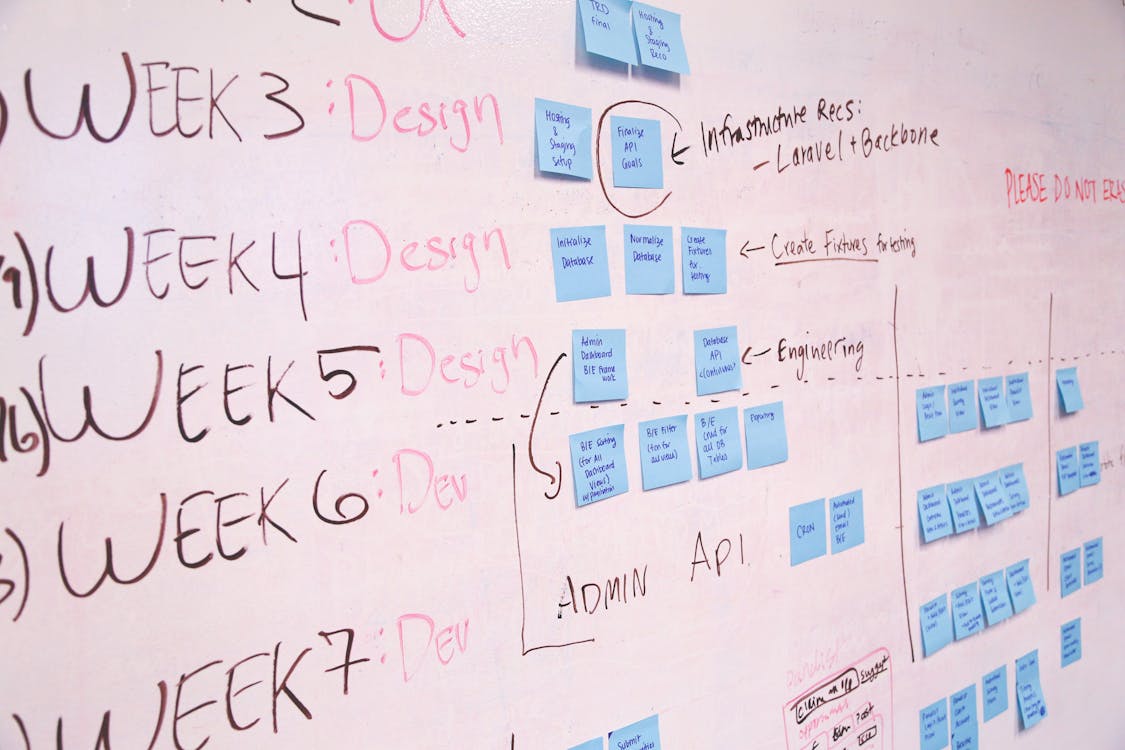
Choosing the Right Software Development Methodology for Your Project
Selecting the right software development methodology is a critical decision that can significantly impact the success of your project. With various methodologies available, understanding their strengths and weaknesses is key to ensuring your project aligns with your goals, resources, and team dynamics. This guide explores popular software development methodologies and offers practical tips for choosing the right one.
Understanding Software Development Methodologies
Software development methodologies are structured approaches used to plan, execute, and manage software projects. They offer frameworks that help teams achieve their objectives while addressing challenges like changing requirements, tight deadlines, and resource constraints.
Popular Methodologies
Here’s an overview of some widely used methodologies:
1. Agile
Agile is a flexible, iterative approach that prioritizes collaboration, customer feedback, and adaptability. Teams deliver work in small increments called “sprints,” enabling continuous improvement.
- Best For: Projects with evolving requirements and a need for rapid delivery.
- Advantages: High flexibility, frequent deliverables, and strong customer involvement.
- Challenges: Requires disciplined teams and can be resource-intensive.

2. Waterfall
The Waterfall model is a linear and sequential approach where each phase must be completed before moving to the next. It is highly structured and well-suited for projects with fixed requirements.
- Best For: Projects with clear, stable requirements.
- Advantages: Simplicity, thorough documentation, and clear timelines.
- Challenges: Inflexibility and difficulty accommodating changes.
3. Scrum
Scrum is a subset of Agile, focusing on delivering work through set iterations called sprints. Teams follow defined roles like Product Owner and Scrum Master.
- Best For: Teams working on complex projects that benefit from regular progress reviews.
- Advantages: Clear roles, iterative progress, and regular feedback.
- Challenges: Requires training and commitment to the framework.

4. Kanban
Kanban focuses on visualizing workflows and limiting work-in-progress to optimize efficiency. It is ideal for teams that need a simple, flexible system to manage tasks.
- Best For: Teams looking for gradual improvements without rigid frameworks.
- Advantages: Simplicity, flexibility, and continuous improvement.
- Challenges: May lack structure for larger projects.
How to Choose the Right Methodology
Here are some key considerations when selecting a methodology for your project:
1. Understand Your Project’s Requirements
- Are requirements likely to change? Agile or Scrum may be suitable.
- Is the scope clearly defined? Waterfall might be a better fit.
2. Assess Team Experience
- Does your team have experience with specific methodologies?
- Are they equipped to adapt to iterative or collaborative approaches?
3. Consider Project Timeline and Budget
- Tight timelines may benefit from Agile.
- Fixed budgets often favor Waterfall due to its structured approach.
4. Evaluate Stakeholder Involvement
- High stakeholder involvement is easier to manage in Agile or Scrum.
5. Align with Organizational Culture
- Is your organization ready for cultural shifts?
Final Thoughts
Choosing the right software development methodology requires a thorough understanding of your project’s goals, resources, and team capabilities. By aligning the methodology with these factors, you can enhance collaboration, optimize efficiency, and achieve successful outcomes. At GoEncode, we specialize in tailoring methodologies to fit your unique needs. Contact us today to discover how our expertise can bring your project vision to life!